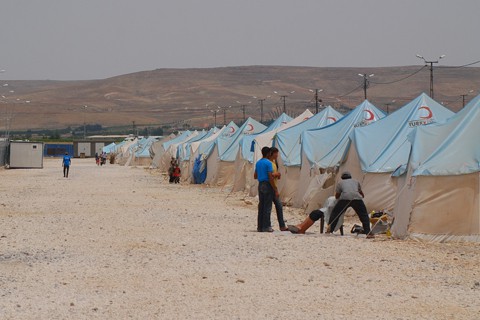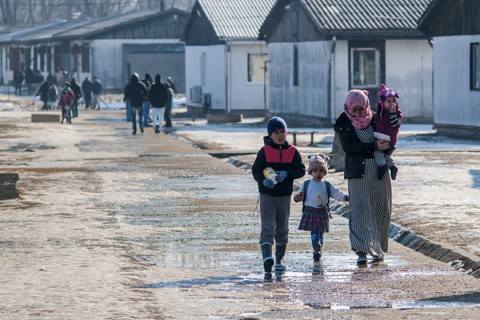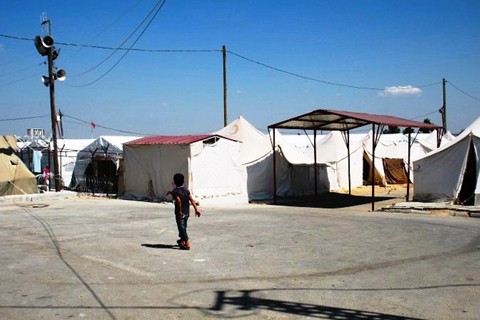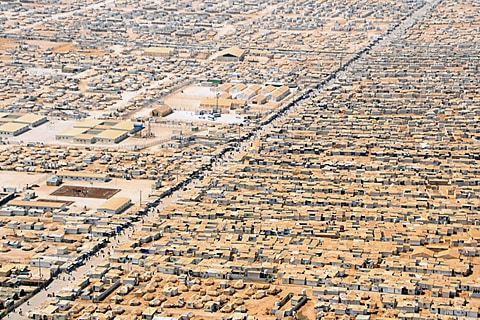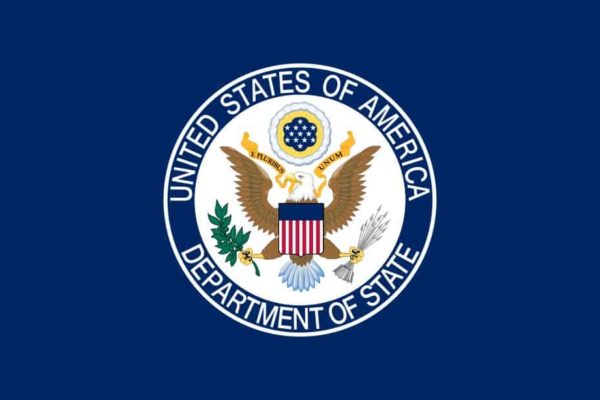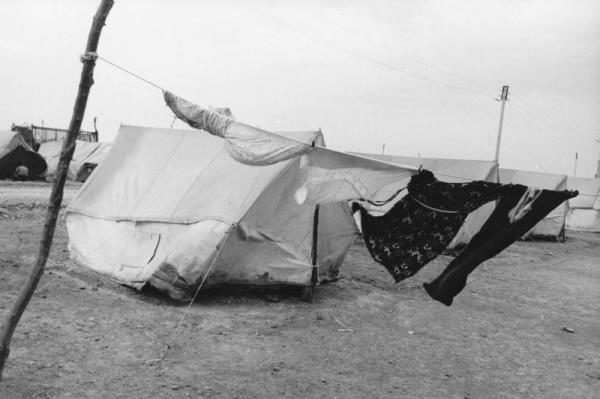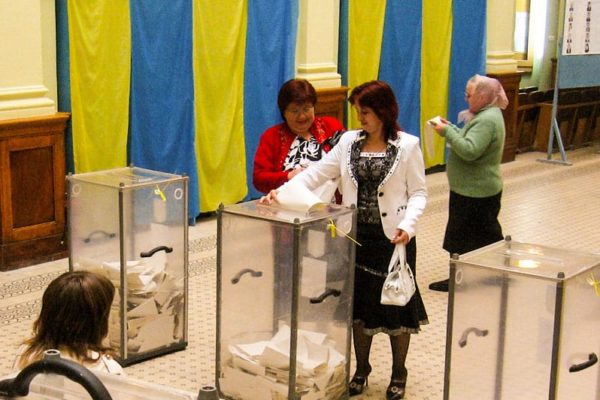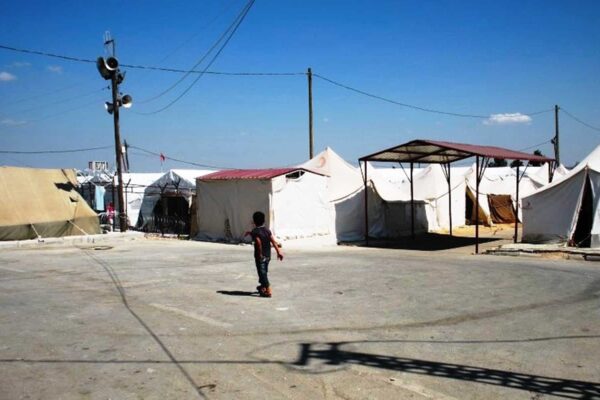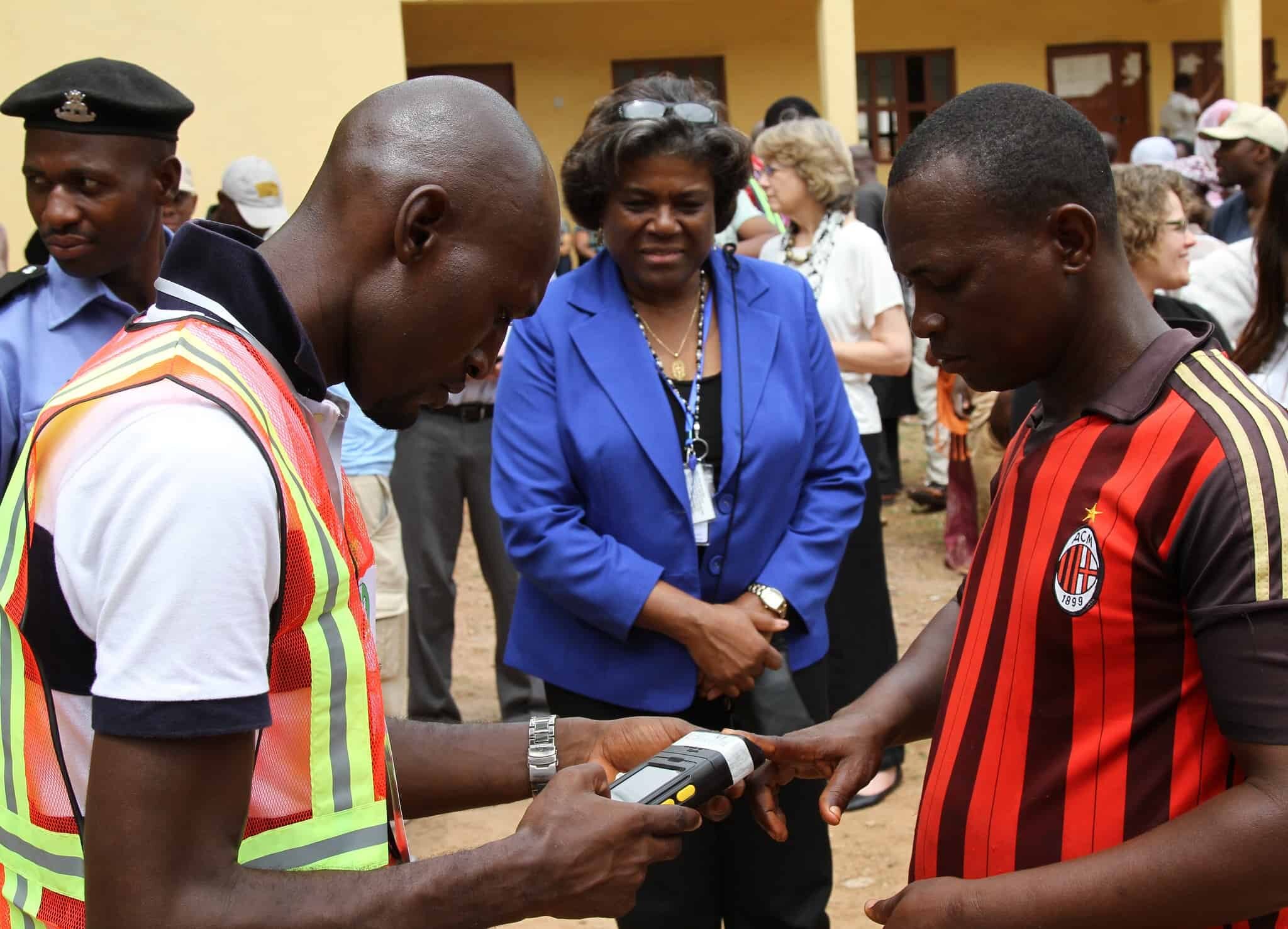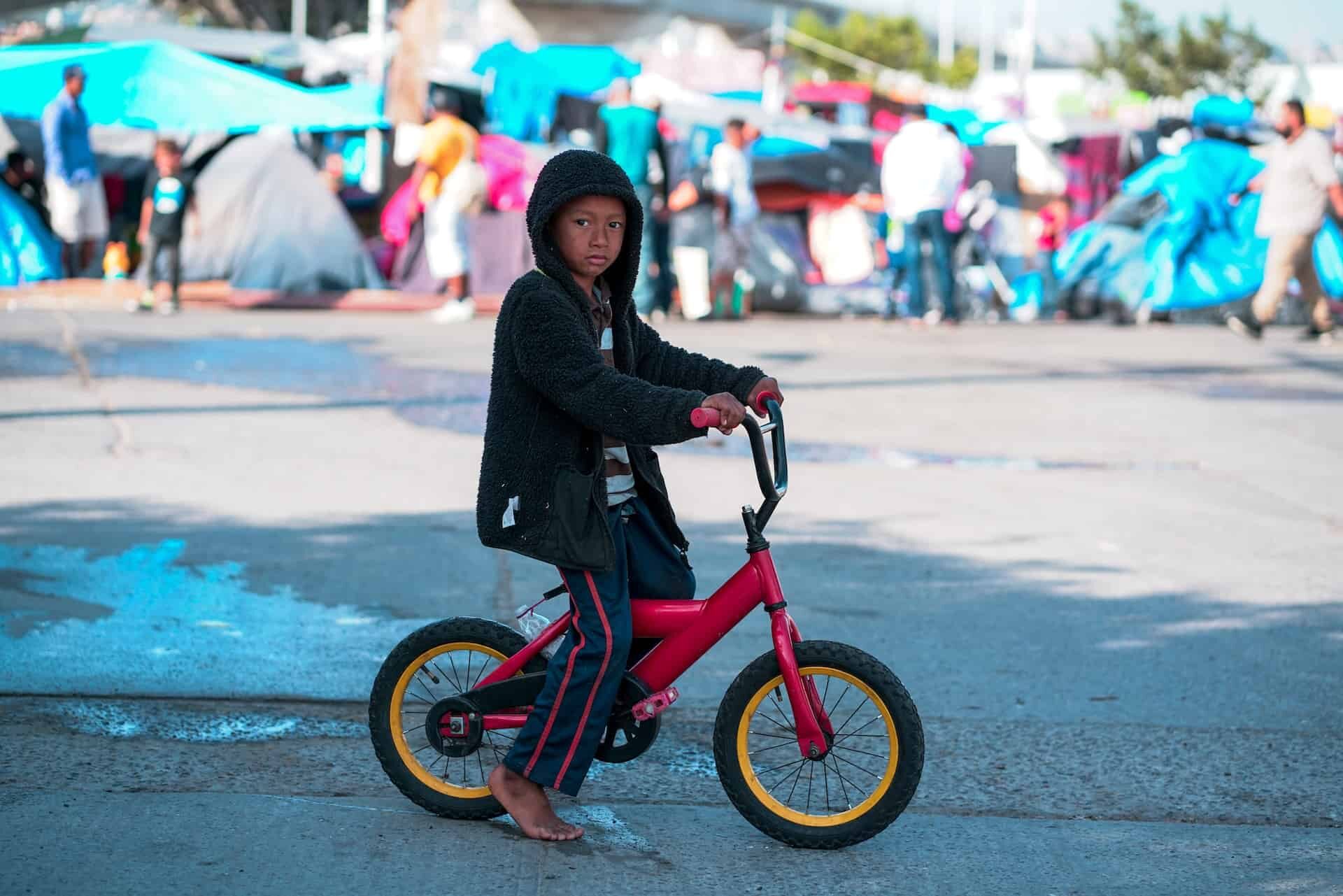
Evaluation of Livelihoods Programming for Syrian Refugees for U.S. Department of State
CLIENT: U.S. Department of State Bureau of Population, Refugees, and Migration
COUNTRIES: Egypt, Iraq, Jordan, Lebanon, and Turkey
PRACTICE AREA: Monitoring, Evaluation, and Learning
TIME PERIOD: 2022-2023
Overview
ME&A is evaluating livelihoods programming for Syrian refugees under a U.S. Department of State Bureau of Population, Refugees, and Migration (PRM) task order. The evaluation is examining the work of PRM humanitarian partners, both international organizations and non-governmental organizations, assisting refugees in finding stable livelihoods from fiscal years 2016 to 2019.
Activities
Syria has the highest number of people displaced due to conflict in the world with 6.9 million internally displaced persons and 6.6 million refugees worldwide. The PRM humanitarian partners ME&A is evaluating serve Syrian refugees hosted in Egypt, Iraq, Jordan, Lebanon, and Turkey as well as refugees of other nationalities with similar or distinct needs, such as Iraqis, Yemenis, Sudanese, Somalis, etc. Under PRM’s “one refugee” policy, PRM encourages partners to undertake an equitable response to all refugee and displaced populations in need regardless of nationality.
ME&A’s evaluation will use a mixed method design involving both qualitative and quantitative methods to answer four questions:
- To what extent did PRM partners’ livelihoods programs improve Syrian and non-Syrian refugee and vulnerable host community member income and/or ability to meet basic needs?
- How do country conditions affect the success and sustainability of livelihoods programs?
- What challenges did refugees with specific vulnerabilities face in participating in and realizing long-term positive outcomes from livelihoods programming?
- What are recommendations for PRM to improve its livelihoods programs and policies in the Syria response?
PRM, the humanitarian bureau of the State Department, promotes U.S. interests by providing protection, easing suffering, and resolving the plight of persecuted and forcibly displaced people around the world
Funding
The evaluation is a task order under a U.S. Department of State Performance Management and Evaluation Services Indefinite Delivery Indefinite Quantity (IDIQ) contract to provide monitoring and evaluation services to regional, functional, and management bureaus at headquarters and overseas. ME&A is the prime contractor on two U.S. Department of State IDIQs covering two Functional Areas: Civilian Security, Rights and Stability, and Management Platform.


